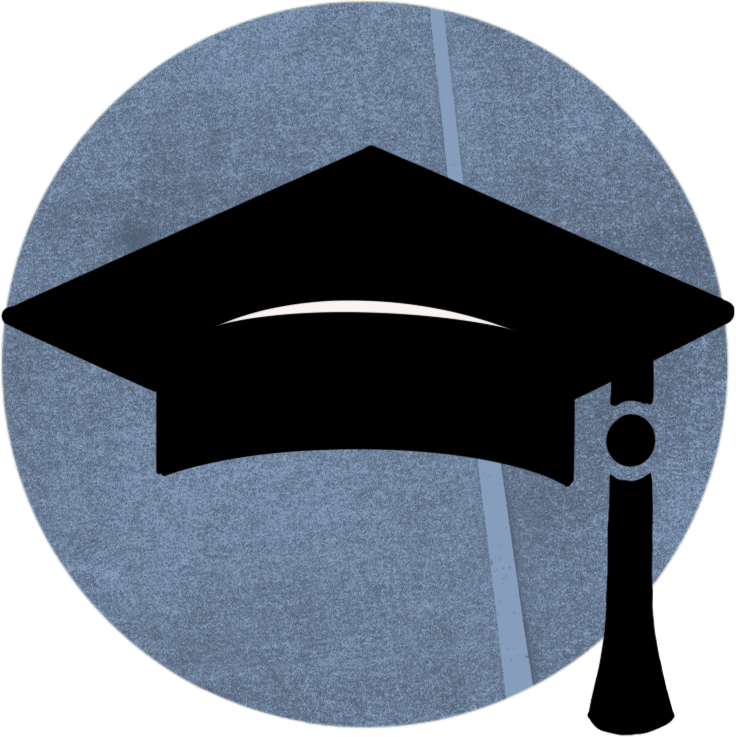The Wyoming Language and Literacy Plan (WLLP) highlights the critical role of early language and literacy development from birth to age five as a powerful predictor of later reading success. As Dickinson and Neuman (2006) state, “Early childhood literacy is…the single best investment for enabling children to develop skills that will likely benefit them for a lifetime.” These formative years are foundational for future academic achievement, and the Birth through Kindergarten Entry section of the WLLP explores how children develop oral language, vocabulary, pre-writing, and pre-literacy skills.
Aligned with the IES What Works Clearinghouse (WWC) Preparing Young Children for School guidance, the WLLP emphasizes evidence-based practices such as fostering phonological awareness, vocabulary acquisition, and early communication skills through intentional and developmentally appropriate instruction (WWC, 2022). From birth to age three, the plan prioritizes caregiver interactions that promote language and vocabulary growth, phonological awareness, and foundational communication skills. For children aged three to kindergarten entry, it focuses on structured play and targeted activities that build print awareness, alphabet knowledge, and narrative skills. These strategies, aligned with Wyoming’s grade-band literacy continuum, equip children with the foundational skills essential for long-term success.
Grounded in the Wyoming Evidence-Based Language and Literacy Framework, as detailed in Component 6, this guidance document is designed to support families—acknowledged as the first and enduring educators of their children—educators, literacy leaders, and stakeholders. Through these collaborative efforts, we can ensure that preschool-aged children experience a seamless transition into elementary school, gaining the knowledge and skills critical for sustained academic success.






